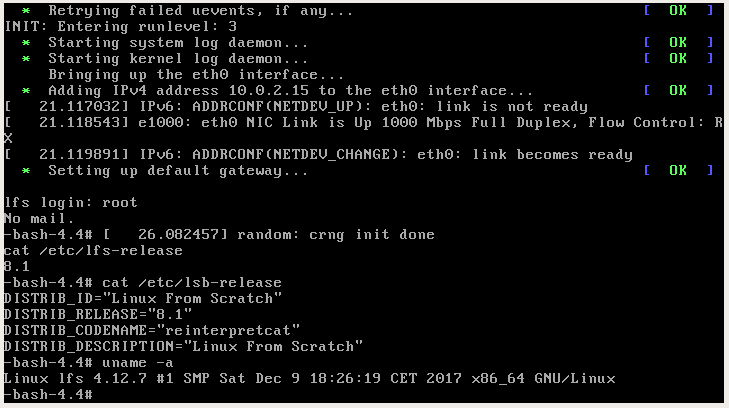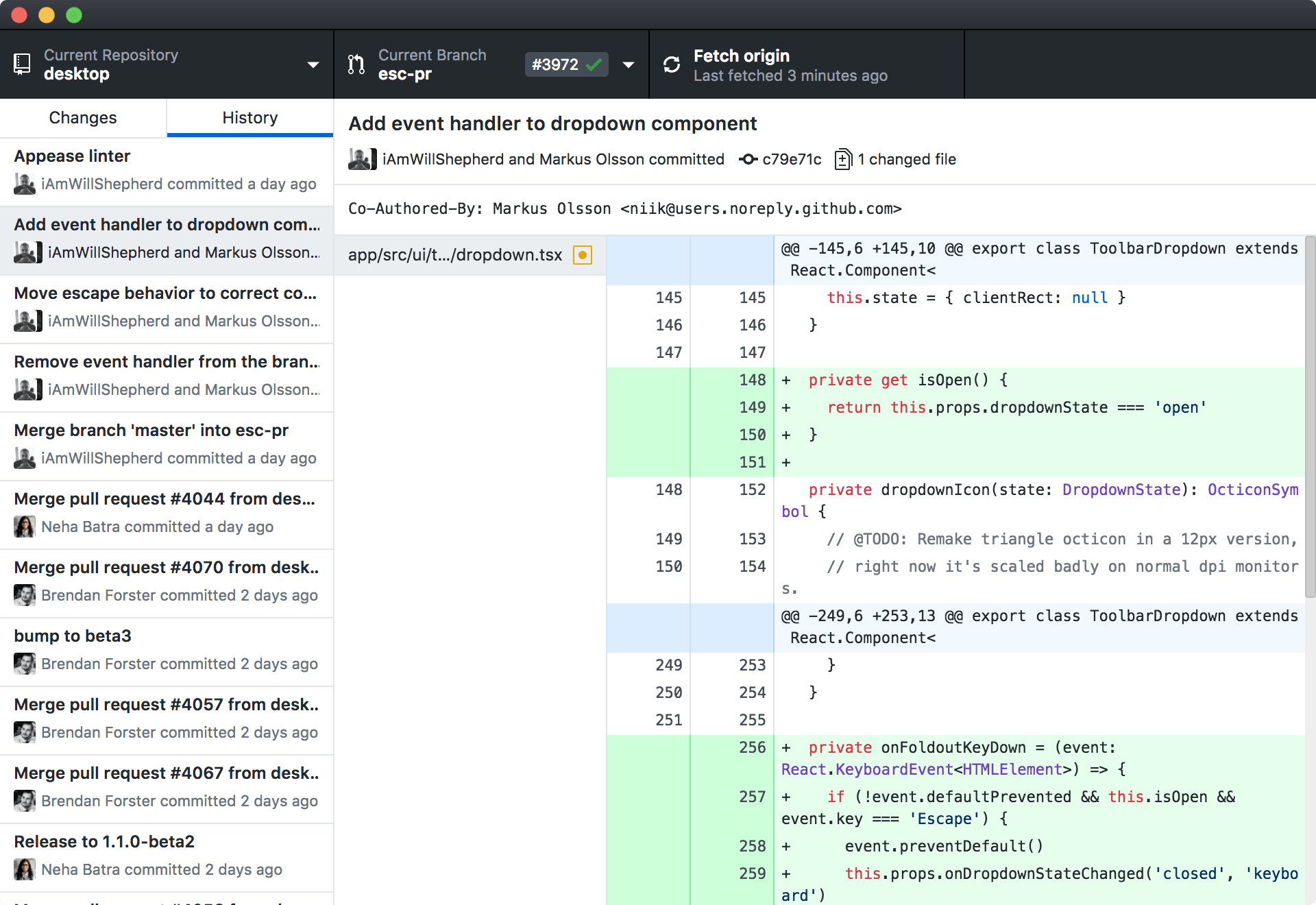

To avoid the above confusions, you may want to favor git lfs ls-files over git lfs status to determine if something is going to be part of git-lfs or not.If it ends with (Git: 111111111) it won't be committed to LFS. The way you can tell that it's not actually a Git LFS object though is to look at how it ends. If you attempt to do the previous experiment with a non git-lfs tracked file, you'll also notice that it appears under the Git LFS objects to be committed incorrectly.The Git LFS objects not staged for commit section seems misleading as it never displayed any files, even those that should have been tracked by LFS.Git lfs ls-files: Continues to output the tracked file $ git lfs ls-files Git lfs status: no filenames output anymore $ git lfs status Git lfs ls-files: Test.lfs will continue to be listed. It will have a suffix such with a bunch of numbers/letters. Git lfs status: Test.lfs will move to the "to be pushed" section. Git lfs ls-files: Test.lfs will now be listed. Git lfs status: Test.lfs will now be listed with an LFS suffix. Git lfs ls-files: no output $ git lfs ls-files Git LFS objects to be pushed to origin/master: Git lfs status: no filenames output $ git lfs status Create a file in the root directory, Test.lfs.Otherwise you'll see irrelevant output from those commands.Īlso, for the record, looks like git lfs track "MyProject/Frameworks/**" is the correct one for recursive matching. ⚠️ Important: After running git lfs track, you must run git add to refresh the state of files before calling git lfs status or git lfs ls-files. Run git lfs ls-files and ensure the file(s) in question appear in this output.Run git lfs status and ensure the file(s) in question appear under Git LFS objects to be committed, and that they have the LFS value in parenthesis or.If everything is set up correctly, you can verify that git LFS is going to work properly by:
#Git lfs github desktop how to#
Note: Please don't answer the question with only how to match all recursive files as that will help me once (this specific case), rather than allowing me to iterate and try new things (any case). git lfs status) should I use, and what output should I look for before I attempt to commit/push? Most of the time it's just showing me blank output.Įssentially the question is: If I configured git lfs correctly, what tool (e.g. When I attempt to use git lfs ls-files I'm not sure if I need to run it after git adding the files, after committing them, or after pushing them. If it helps, the output for these files always had something like (Git: edee1ad) after each file name. However, after attempting to push to, I realized that it was clearly not the case. For example, when I ran git lfs status, it showed me a ton of files under Git LFS objects to be committed, making me think they would be added to Git LFS.

It's not clear which one I should be using and what output I should be looking for. I see two related commands that might help: git lfs status and git lfs ls-files. This'll allow me to iterate and try new things. Sure, I'd love to know the proper format, but more importantly, before I attempt to push my changes to github, I'd like to verify that the match and files do indeed work correctly. I tried both and they didn't use git lfs for storage. This answer says the proper format is git lfs track "MyProject/Frameworks/**", but Atlassian's help document says I should use git lfs track "MyProject/Frameworks/". I'm not sure what the proper format for matching all files and folders recursively under the Frameworks folder is.

I'm trying to add everything under MyProject/Frameworks/ to git-lfs (large file storage).


 0 kommentar(er)
0 kommentar(er)
